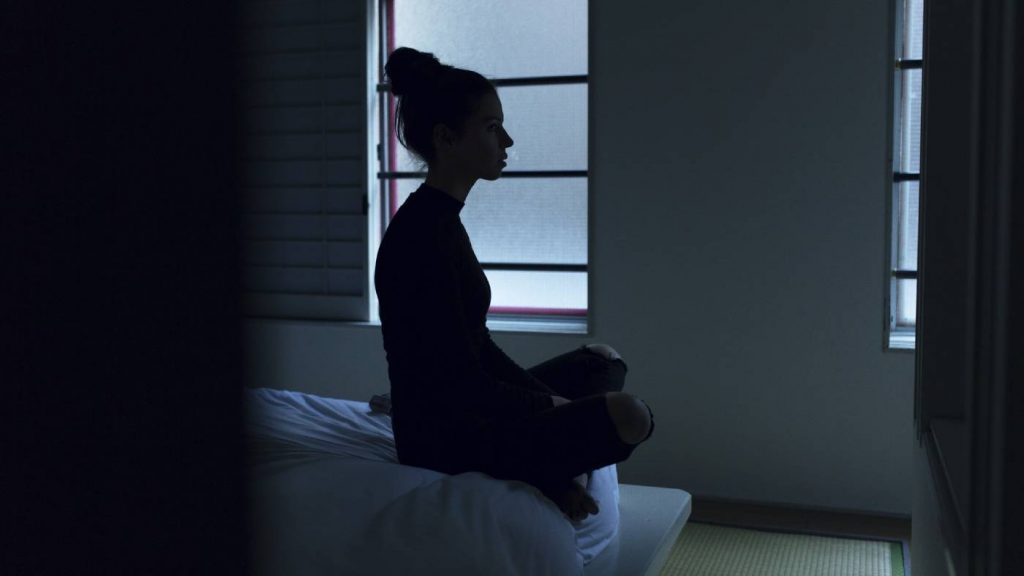By Dr Kelly Bowers – Clinical Psychologist, YouThrive Integrated Therapy Services
Failure to care for ourselves today places us at higher risk of experiencing poor emotional and physical health in the (not so distant) future; including some cancers, heart disease and mental illness, to name a few.
Let me introduce you to a new term, psycho-neuro-immunology (PNI). It sounds technical, but in fact it’s quite straight forward. PNI refers to the way that our mind and body is linked. It tells us that if we have a build-up of stress, our nervous and immune systems are placed under pressure, resulting in lower energy levels and lower ability to fight off infections and disease. Even if we are managing to ‘get through’ stressful days, if we do not stop to check-in and rejuvenate, that stress begins to build up.
What happens then when we have a few stressful days in a row, or a stressful week, month, or year!? Our immune system is weakened and our effectiveness of caring for our family is lowered. The good news is that these outcomes are highly preventable. Particularly if we are aware of the signs of not coping, and make the choice to prioritise them now.
It is often difficult to recognise the first signs of not coping. Especially when we are flat out and focused on caring for our children. But by being able to recognise these signs, we are in a position to do something about them almost immediately. Some things to watch out for include:
CHANGES TO OUR THINKING ABILITIES
(PSYCHO-)
- Lowered ability to focus or concentrate.
- Lowered memory recall and ability to remember fine details.
- Feeling overwhelmed or easily irritated.
- Being emotionally reactive to things that you wouldn’t normally be.
PHYSICAL CHANGES OR DISCOMFORT
(NEURO-)
- Increase heart rate.
- Breathlessness.
- Muscle tension or shaking.
- Increased body temperature.
- Stomach discomfort.
- Regular illness or inability to overcome sickness (immunology).
So, how do we prevent these symptoms from occurring? The bottom line is, change starts with ourselves. Self-care is a conscious decision that we make about how we want our lives to be. Make it a priority. Make it non-negotiable. Schedule it. Plan for it. Do it.
Remove words like “should” and “ought to” from your vocabulary and replace them with “will” and “am”. For example:
I will do something for myself today by engaging in good personal care
vs
I should take better care of myself.
Ask yourself, what is the simplest and best thing that you can do for yourself each day? Ensure that every day you have a shower, brush your hair and teeth, dress in clean clothes, make your bed – these are often the first things we stop when we are not coping. Consistently doing these things each day will start to re-establish good habits and remind yourself that you are important. Achieving these tasks every day (particularly at the start of the day), gives us an immediate sense of accomplishment and puts us on the front foot for focusing on demands of the day ahead. A clean body and a clean environment is the start to a clear mind.
Take the time to plan and prepare for how you might bypass any obstacles to the above.
SAY NO TO EXTRA RESPONSIBILITIES.
IF YOU’RE NOT COPING, YOU’RE MOST LIKELY ALREADY DOING ENOUGH.
ANY REMAINING TIME THAT YOU HAVE LEFT WILL BE ASSIGNED TO YOU AND YOU ALONE.
Where needed, seek counsel from family, friends or professionals. But know this, the only person who is going to work harder on you, is you.
Then, when those small habits start to tick into gear and you feel like you are wrestling some control back (this may take some time), gradually start to expand your self-care habits to bigger ticket items. While these are well documented, be sure to follow a similar pattern by making these tasks a priority, scheduling them, planning for them, and doing them. Changing our habits helps to change our stressful thoughts and subsequent changes to our nervous and immune systems.
By being more aware of your symptoms of not coping, you are in a powerful position to make change in your daily life. Doing so will not only provide you with increased energy and improved immunity and health, but will ultimately model the importance of caring for and loving yourself to your family. And isn’t this why we do it all in the first place?
Youthrive is a unique service offering psychology, speech therapy and occupational therapy all in one place. We work with kids and young people who need some extra help to catch up with their peers – they might need one specialist or an integrated plan for all three. Our team do a thorough assessment and develop an individual plan to equip kids with the skills they need to thrive – www.youthrive.com.au





oh my goodness I love this article!
So so important.
I don’t have time just means this is not a priority for me.
People find it harsh to say that but we need a little push to start taking care of ourselves